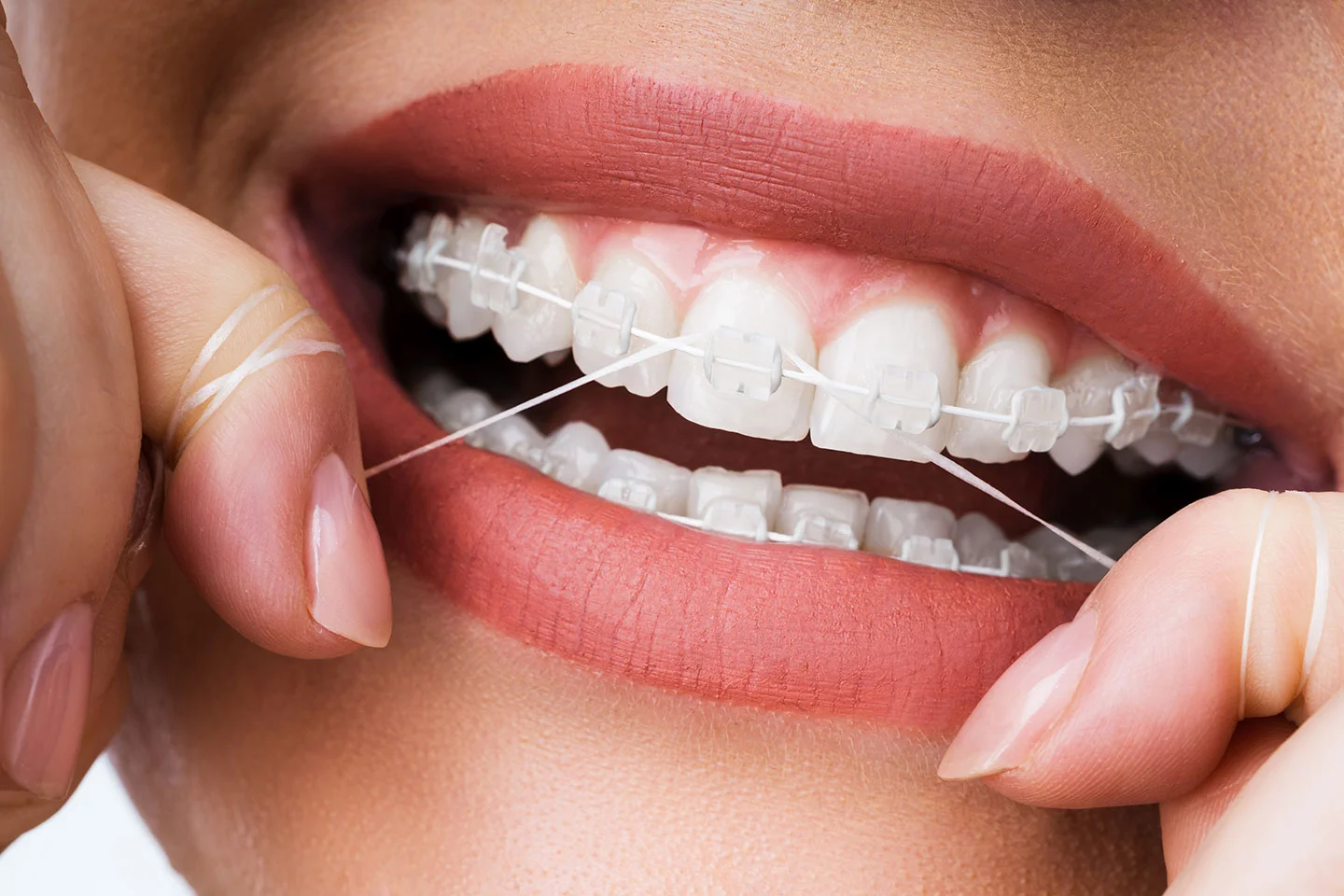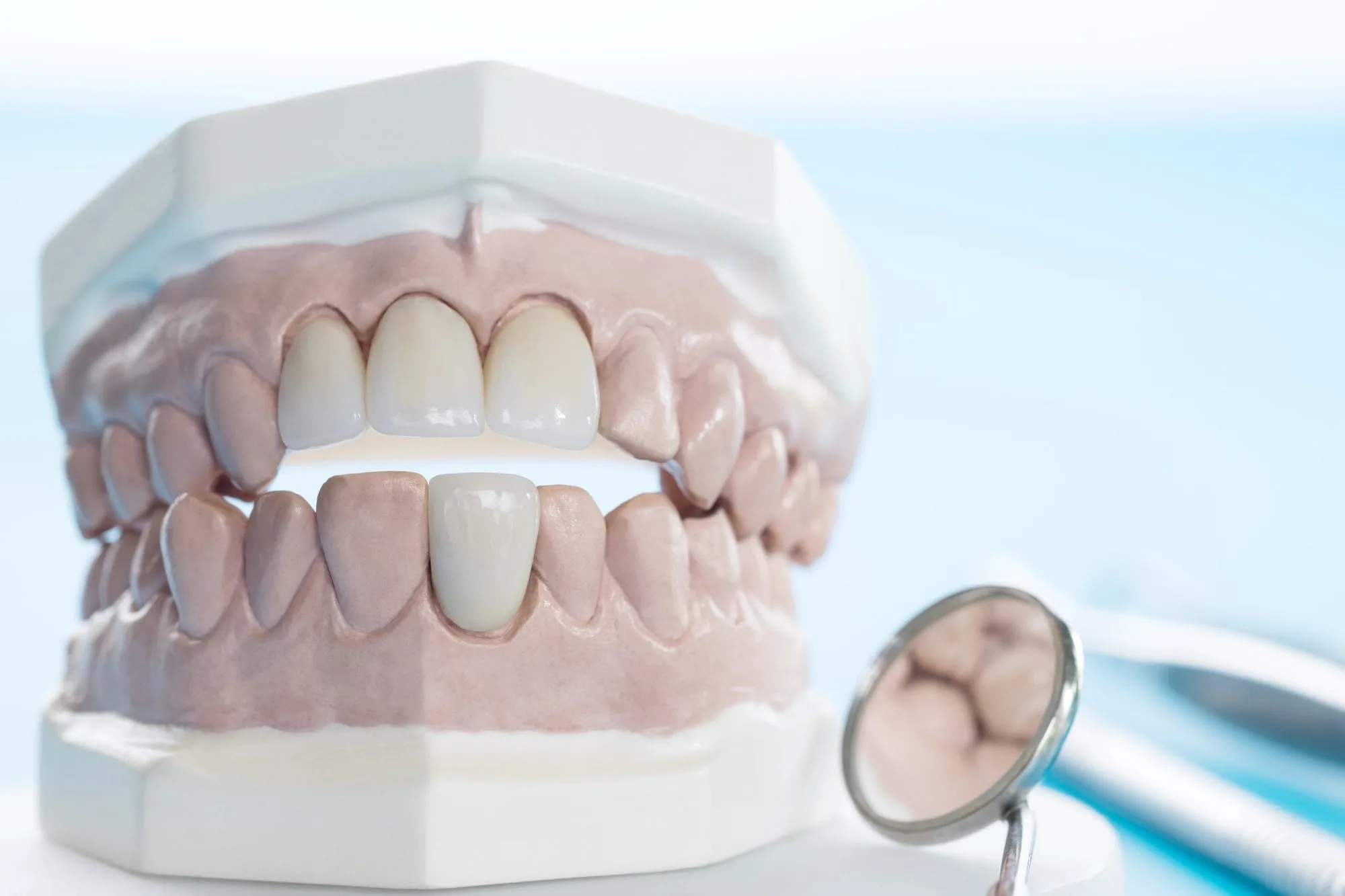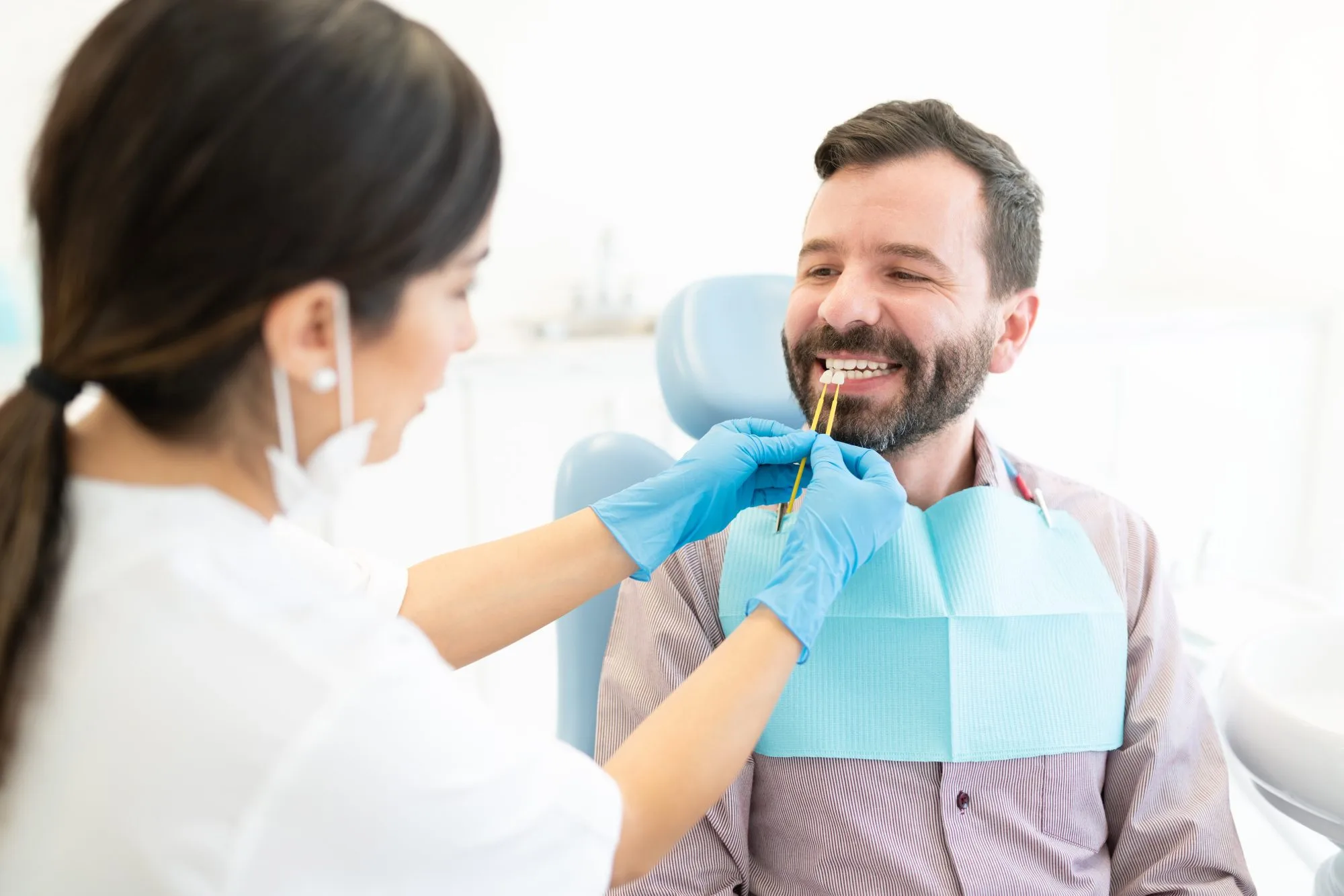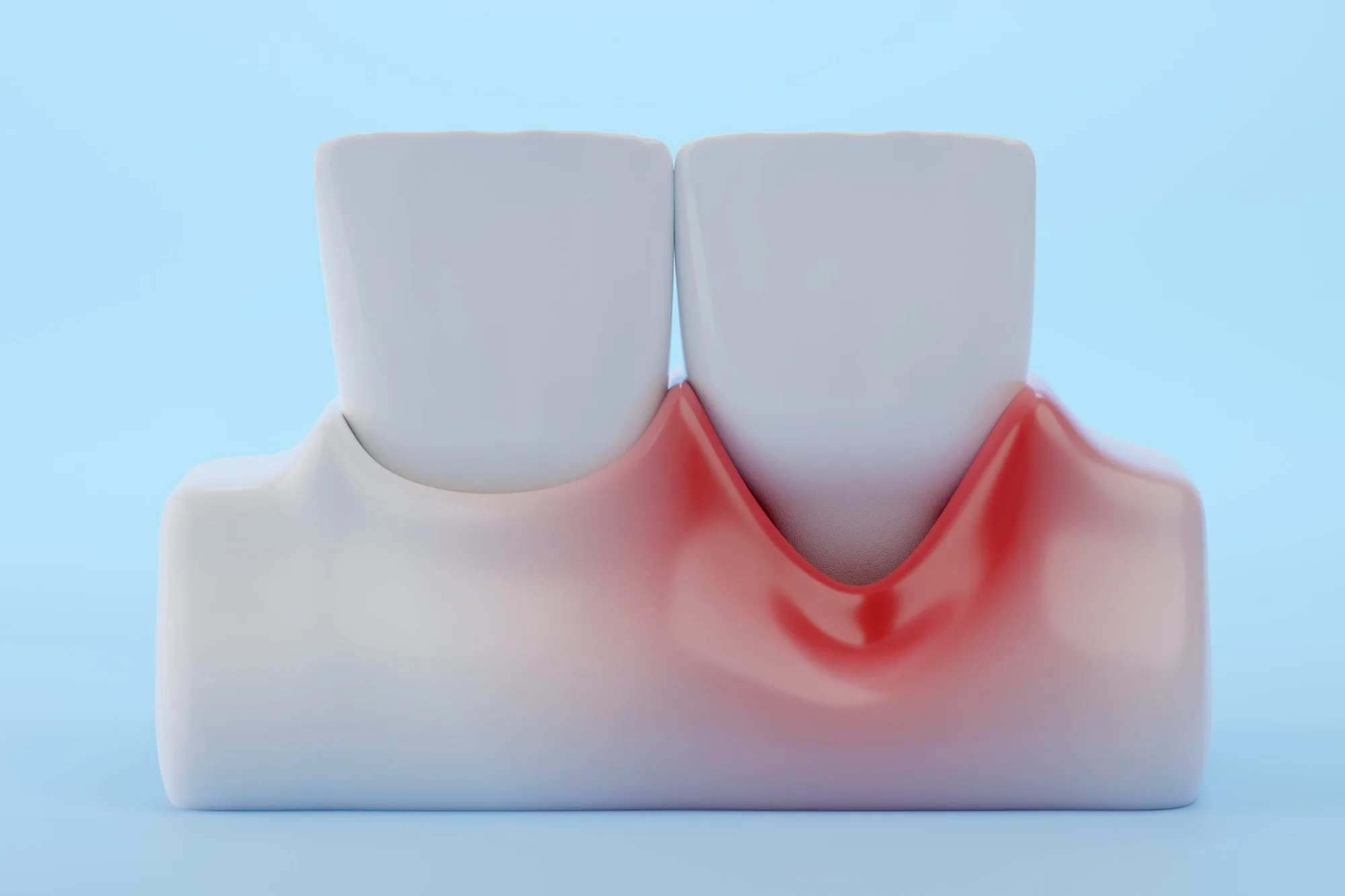If you notice new white spots on your teeth, it may be time to call your dentist. You can still develop white spots even if you’re a committed, routine brusher who never skips out on flossing. Several causes can be the culprit. This includes your diet, tooth decay, medicines, or experiences in your childhood that had a lasting effect. White spots aren’t typically a serious issue, but it’s a good idea to check with your dentist to understand the cause, your treatment options, and what you can do to prevent more white spots on your teeth in the future.

What Are White Spots On Teeth?
White spots occur due to a process on your teeth called decalcification. This can happen for a number of reasons. However, the bottom line is that a build-up of plaque and tartar begin to produce an acid that breaks down your tooth enamel. When the enamel, aka the outer layer of your tooth, breaks down, calcium and minerals can filter through your tooth. This leaves behind white spots on your teeth or areas of discolouration.
Read on to learn about the causes of these white spot lesions and how you can prevent them.
Causes of White Spots on Teeth
From poor oral hygiene to genetic conditions or even daily habits, there are several reasons why you may be discovering white spots on your teeth. It’s best to have your dentist confirm if they’re new, which is more of a cause for concern. Often this happens during childhood, which is impossible to reverse and requires treatment if the enamel is weaker or a cosmetic fix is desired.
Fluorosis.
Fluoride is an essential ingredient in our toothpaste and can often be found in our drinking water. While it’s great for our teeth at all ages, too much can harm children eight years old and younger. Mild cases can cause white spots on the teeth, whereas severe cases will result in brown patches or even small pits/grooves in the enamel.
Monitoring the amount of toothpaste your child uses is very important. Children under the age of 3 should be using a “grain of rice” size of toothpaste. Children over the age of 3 should use a “pea-sized” amount of toothpaste and try to always spit it out. Fluoride supplements or drops are no longer recommended for children.
If you develop white spots due to fluorosis and don’t like how it looks, your dentist may recommend:
- A bonding treatment which will add a hard resin to the tooth.
- A cosmetic fix which includes options such as composite or porcelain veneers.
- Removing stains with teeth whitening.
Diet.
Your diet plays an integral role in how your teeth develop and the long-term health of your mouth. Sugary foods aren’t the only culprit for decalcification, which leads to white spots on your teeth.
Acidic foods and beverages, not enough calcium, and insufficient phosphorous can be part of the reason why your teeth have weak enamel that is more prone to decay. Once you develop white spots from your diet, there isn’t a solution to reverse it – only cosmetic fixes such as veneers, crowns, or whitening. However, you can shift your diet and lifestyle to prevent your teeth from getting any more.
Enamel Hypoplasia.
As a child the enamel of your permanent teeth is forming, and if something disturbs this process it can cause the enamel to not form properly. This can appear as white or yellowish brown spots on the tooth. The cause of these spots is not known at this time, but some theories have been high fever as a child, antibiotics, genetics, or nutritional deficiencies. These spots would be observed as soon as the permanent tooth erupts into the mouth. If you’ve noticed recent white spots on your teeth, it’s not likely due to enamel hyperplasia.
Teeth with enamel hypoplasia can develop cavities more easily, and your dentist may recommend a filling to seal and protect them. Your dentist may also recommend a topical fluoride treatment to remineralize areas with enamel loss.
Wearing braces.
Braces require extra care and attention from the wearer when it comes to oral hygiene. It’s not uncommon for dental patients to develop white spots in harder-to-clean places, including where the brackets sit, the gum line, and between your teeth.
One study found that only 1.2% of Invisalign patients had white spots appear, compared to 26% of others who had traditional braces. However, clear aligners aren’t always the right option for everyone. You can prevent white spots on your teeth by ensuring you spend the time to brush and floss at least twice a day while wearing braces, as well as using a high fluoride toothpaste, a waterpik, and having your teeth cleaned regularly by a hygienist.
Bad oral hygiene habits.
Your dentist isn’t recommending that you should brush twice a day and floss once just because! There is an important reason behind it – the buildup of plaque and tartar. If you leave these on your teeth for too long, it’ll get to work to dissolve and weaken your enamel, eventually leading to white spots and then cavities.
White spots are often permanent, but cosmetic fixes such as bonding, whitening, remineralization, and veneers can give you a natural look without the spots.
How to Prevent White Spots on Teeth
Preventing white spots on teeth is easy peasy. All you have to do is follow your dentist’s recommendations and go for your regular check-ups. That way, they can spot any problem areas and begin treatment before it leads to something more damaging or more permanent. The best way to prevent white spots include:
- Regular brushing and flossing.
- Discuss your fluoride intake with your dentist.
- Use an electric toothbrush to reduce any plaque buildup.
- Ask your dentist for a recommendation on an excellent fluoride toothpaste that will protect your teeth. For patients over the age of six, we love Carifree CTX4 5000!
- Reduce the amount of sugary and acidic foods and beverages you consume.
Any white spots on your teeth that have developed can’t be reversed. The good news is that you can make them disappear with several cosmetic options. Even better, you can work with your dentist to avoid getting any more white spots in the future. Contact us to book your next appointment to keep your teeth healthy and avoid discovering permanent white spots.
Have you noticed white spots on your teeth? Did you do anything about it? Were you able to find out the cause? Share your story with our readers who want to know more about dental health.




Leave A Comment